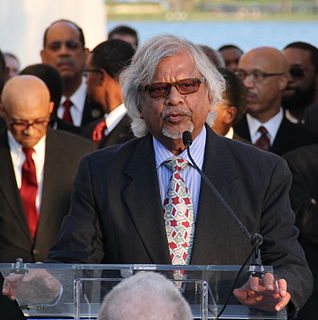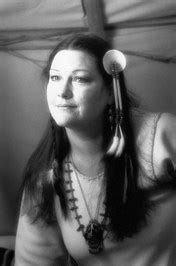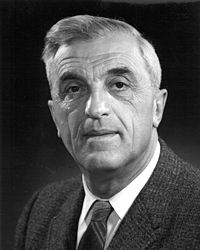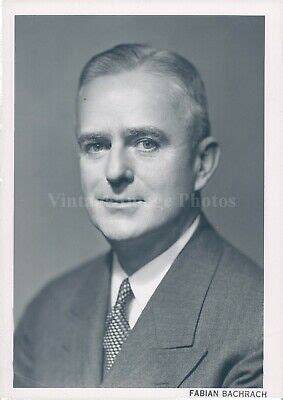A Quote by Julian Huxley
Will our Philosophy to later Life
Seem but a crudeness of the planet's youth,
Our Wisdom but a parasite of Truth?
Related Quotes
Satyagraha is the pursuit of truth. My grandfather believed that truth should be the cornerstone of everybody's life and that we must dedicate our lives to pursuing truth, to finding out the truth in our lives. And so his entire philosophy was the philosophy of life. It was not just a philosophy for conflict resolution, but something that we have to imbibe in our life and live it all the time so that we can improve and become better human beings.
Every civil government is based upon some religion or philosophy of life. Education in a nation will propagate the religion of that nation. In America, the foundational religion was Christianity. And it was sown in the hearts of Americans through the home and private and public schools for centuries. Our liberty, growth, and prosperity was the result of a Biblical philosophy of life. Our continued freedom and success is dependent on our educating the youth of America in the principles of Christianity.
The significance of our lives and our fragile planet is then determined only by our own wisdom and courage. We are the custodians of life's meaning. We long for a Parent to care for us, to forgive us our errors, to save us from our childish mistakes. But knowledge is preferable to ignorance. Better by far to embrace the hard truth than a reassuring fable. If we crave some cosmic purpose, then let us find ourselves a worthy goal.
. . . the upsurge of Spirit is the only plausible way to stop the ecological destruction of our planet. Even people who have no interest in a communal solution to the distortions in our lives will have to face up [to] this ecological reality. Unless we transform our relationship with nature, we will destroy the preconditions for human life on this planet.
Is civilization progress? The challenge, I think, is clear; and, as clearly, the final answer will be given not by our amassing of knowledge, or by the discoveries of our science, or by the speed of our aircraft, but by the effect of our civilized activities as a whole have upon the quality of our planet's life-the life of plants and animals as that of men.
When we heal ourselves, others are healed. When we nurture our dreams, we give birth to the dreams of humankind. When we walk as loving aspects of the Earth Mother, we become the fertile, life-giving Mothers of the Creative Force. When we honor our bodies, our health, and our emotional needs, we make space for our dreams to come into being. When we speak the truth from our healed hearts, we allow life abundant to continue on our Mother Planet.
Time is an ethereal and sometimes cruel goddess. In her relentless passing, she steals away our youth and vitality, often in ways that seem insignificant until we finally realize how much she has taken. Still, she is also a generous deity, who offers to replace what she has seized with a deeper wisdom and a clearer vision of life's enigmas. In this sense, time can be our most powerful ally-if we are patient enough.
Our answer is the world's hope; it is to rely on youth. The cruelties and the obstacles of this swiftly changing planet will not yield to obsolete dogmas and outworn slogans. It cannot be moved by those who cling to a present which is already dying, who prefer the illusion of security to the excitement and danger which comes with even the most peaceful progress. This world demands the qualities of youth: not a time of life but a state of mind, a temper of the will, a quality of imagination, a predominance of courage over timidity, of the appetite for adventure over the life of ease...




































